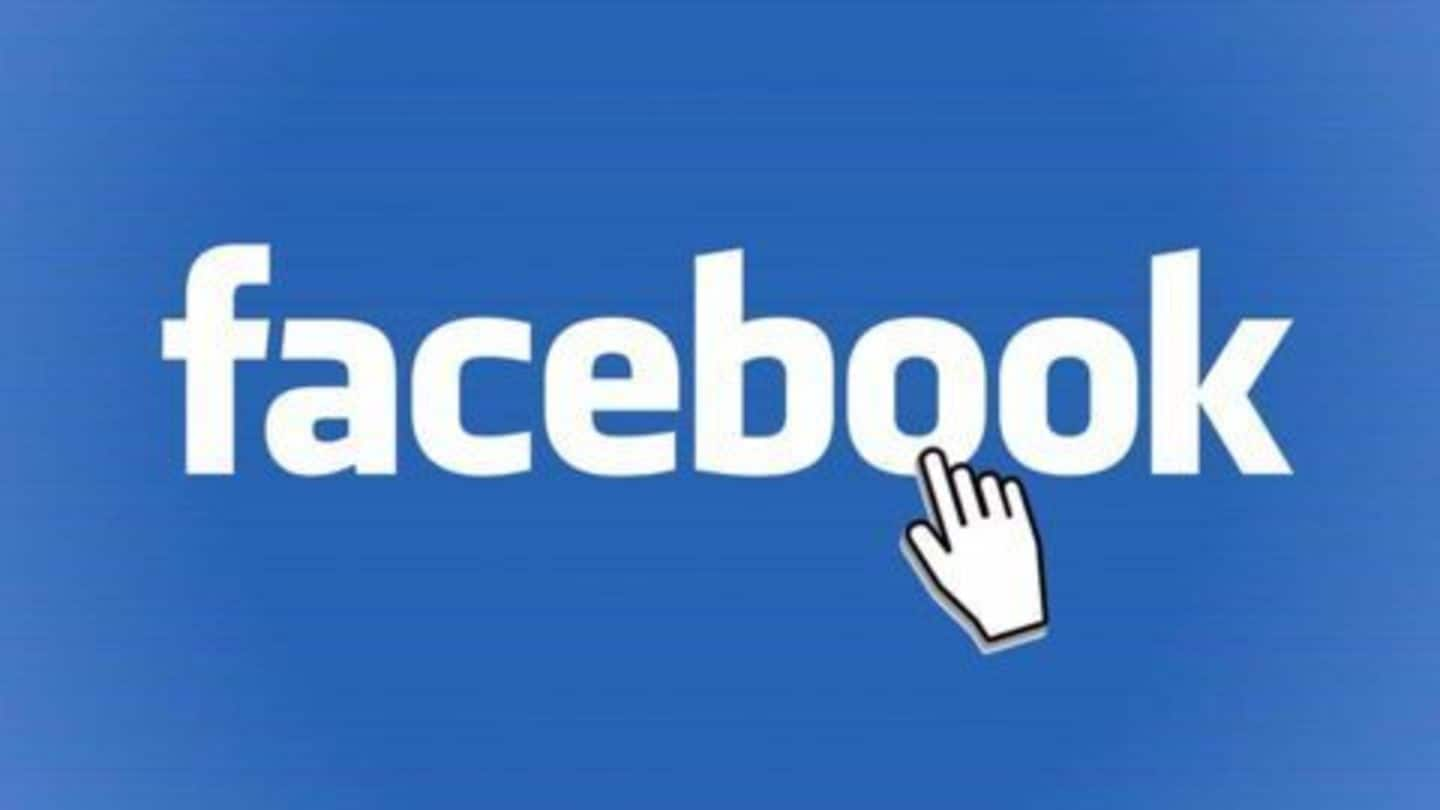
Censorship by Facebook? The story so far
What's the story
In the most recent development to the Facebook censorship issue, seven Palestinian journalists had their accounts blocked without explanation. While this issue must be explored in all its nuances, recent accusations levelled at Facebook raises questions regarding its claimed impartiality to content.
Reactions
Reactions to the banning of the accounts
The journalists, who worked for the Shebab News Agency and the Quds News Network, claimed that the recent Israel-Facebook agreement, aimed at curbing violence-inciting social media posts, was being exploited to target them. Facebook, however, claimed that the pages were "removed in error" and would be restored as soon as it finished conducting its investigation into the issue.
Do you know?
Shebab News Agency and Quds News Network's anti-Israel links
The Shebab News Agency and the Quds News Network are quite popular on Facebook, with 6.7 million and 5.1 million followers respectively. However, both publications have a reputation for being linked to anti-Israel militant groups.
Implications
Should Facebook be involved?
Admittedly, it is difficult to conclude whether inflammatory posts made by Palestinians are symptoms of the Israel-Palestine conflict or general hate speech - it is a sketchy area. While Facebook has a moral responsibility to remove general hate speech, involvement in any political dispute, especially in one as sensitive as the Israel-Palestine issue, would negate Facebook's claimed apolitical stance.
Quote
Facebook's involvement is not apolitical
Dr. Thomas Zeitzoff, a professor at the Department of Law, Justice and Criminology at the American University, said that Facebook's decision to enter into the debate of whether posts by Palestinian journalists were causing violence was "not a kind of apolitical, benign move".
09 Sep 2016
Facebook removes iconic Vietnam War photo
Facebook removed an iconic Vietnam War photo of a naked nine year-old girl fleeing a napalm attack on grounds of nudity. Espen Egil Hansen, the editor of Aftenposten, the Norwegian newspaper which circulated the post, said that Facebook's action was an "abuse of power". He wrote an open letter to Facebook, harshly criticizing the company's inability to distinguish between child pornography and war photographs.
Do you know?
The girl in the Vietnam War photo
The nine year-old girl in the aforementioned Vietnam War photo is Kim Phuc, aged 53 now. She was horribly burned during the attack in which she was photographed, and had to go through 17 operations. Currently, she works as a UN goodwill ambassador.
Facebook censorship?
Former Facebook workers reveal censorship of conservative stories
In May 2016, former Facebook "news curators" revealed that they had often suppressed news stories which involved conservative leaders or could have been of interest to conservative users. Moreover, these employees were often asked to "inject" selected stories into users' feeds from a large list of ranked trending topics, thereby tampering with what information a user received.
Do you know?
Examples of censorship of conservative posts
The former Facebook employees revealed that they often prevented stories about Conservative leader and ex-Presidential candidate Mitt Romney, Conservative Senator Rand Paul of Kentucky, the Conservative Political Action Conference and others from appearing on Facebook's trending section.
Selective blocking
Facebook censors content in India, Pakistan and Turkey
A 2015 CNN Money report stated that in countries like India, Pakistan and Turkey, Facebook actively blocks varied material, effectively acting as a government censor. Facebook's behaviour in these countries results from a dilemma: censor posts or get banned from the country. The "pieces of content" which are blocked can still be viewed by users from other countries implying that Facebook selectively blocks material.
Data
Facebook's blocked content data
According to the CNN Money report, in the first half of 2014, Facebook blocked around 5,000 "pieces of content" in India, and nearly 2,000 each in Pakistan and Turkey. For comparison, in the same period, only 1 post each was blocked in Kuwait and UAE.
Facebook's algorithm
Facebook's algorithm: Code or editor or both?
After accusations of political bias, in August 2016, Facebook replaced all its human editors with algorithms. However, Facebook engineers regularly check trending stories decided by the algorithms to ensure that inaccurate or sexually explicit posts are not promoted. Furthermore, the algorithms are far from "neutral" insofar that they were programmed by designers and thus reflect their biases in the selection and promotion of stories.
Editorial responsibility
Should Facebook accept its editorial responsibility?
In spite of the aforementioned cases and many others like it, Facebook has never accepted editorial responsibility. Mark Zuckerberg has repeatedly emphasized that Facebook is "not a media company". However, if, as demonstrated, Facebook's algorithm acts as an editorial gatekeeper affecting the nature of news content available to its 1.7 billion users, is it not time for Facebook to take responsibility for the same?